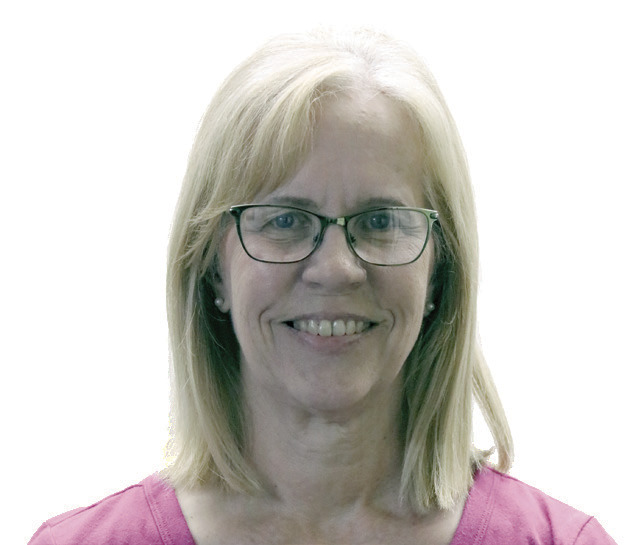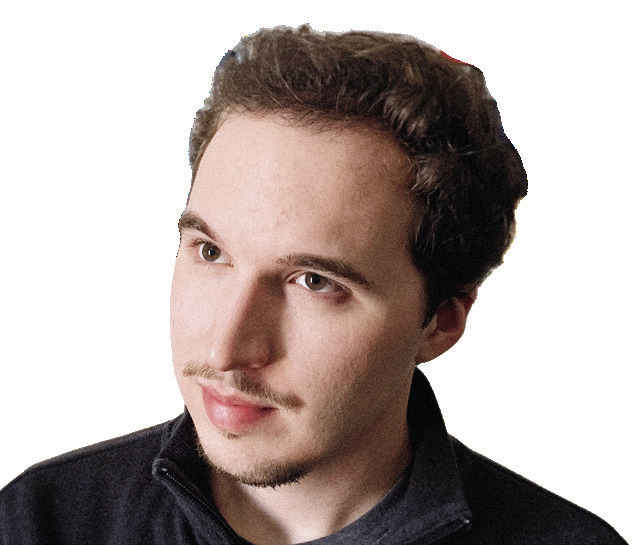Sheila Harris: Would you still be my friend?

“Would you still be my friend, if I told you I was illegal?”
A local Mexican woman, a legal resident who I’ll call Maria, told me she recently posed that question to some of her white friends as a way of bringing attention to the adversity faced by those who are undocumented.
Instead of receiving an answer to her hypothetical question, she lost friends.
Under current conditions, it’s a question we all need to be asking ourselves, because, as Maria points out, immigration is leaving the realm of a mere political issue, and rapidly becoming a humanitarian issue.
Throughout my teenage years, a favorite church hymn was titled, “I’ll Be A Friend to Jesus.” I sang the lyrics with zeal, certain that if I had been a contemporary of Jesus’, that I would have been a staunch defender throughout his mock trial and crucifixion.
Many years later, I realized the words to the hymn were nothing but an idle boast. Being a friend to Jesus means loving our neighbors, even when the going gets tough.
Those of us who are blatantly white, the offspring of multiple generations of U.S.-born white forebears, are privileged. Yes, we are. This privilege isn’t of our own doing, though. We’re just downright lucky.
Chances are, if you’re a white native, your ancestors first stepped foot on U.S. soil during the welcoming 18th and 19th centuries, when immigration laws were minimal to non-existent. According to the U.S. Citizenship and Immigration Services website, the first General Immigration Act was passed in 1882, and established a 50-cent head-tax, per immigrant.
Today, I’m told, it costs about $13,000, per head, plus lots of time, for an immigrant to arrive in the U.S. legally.
When early European settlers began arriving in the U.S., Native Americans were labeled as “The Indian Problem,” as an unpleasant situation to be dealt with. And dealt with they were, to the tune of the Indian Removal Act of 1830.
For the Natives, the act resulted in forced death marches across the country to a designated and relatively small territory. Thereafter, the U.S. government attempted to steal their children and destroy their culture, in part, so that white Christians wouldn’t be made uncomfortable by Native customs.
While the U.S. government was dealing with Indians, leaders of European countries were discussing how to handle “The Jewish Question.” The Jews had no native land, but had migrated into and settled in countries throughout Europe, where they were disliked, it seems, for their religious exclusivity and their business acuity.
When Hitler rose to power in Germany in 1933, he systematically began implementing a “Final Solution” to what he called “The Jewish Problem.” He erected detention camps across Germany and Poland. He filled them first with political dissenters and media adversaries, then with Jews from all over Europe, while most German Christians turned a blind eye.
Some historians say Hitler’s initial intention was just to detain Jews and dissenters. However, as transport after transport arrived in the camps, space ran out, and extermination began.
This is difficult to write, but for the sake of the victims and the sake of our future, believe it, we must.
In the U.S., we’ve been told that we have an “Illegal Immigrant Problem.”
An additional $170.7 billion has just been authorized for national immigration and border enforcement, including $45 billion for detention capacity expansion and $29.9 billion for enforcement and removal, to achieve a detention goal of 3,000 illegal immigrants, daily.
Alarm bells should be ringing. When Elie Wiesel, a 15-year-old Jewish boy from Romania, stepped from a cattle car onto the platform at Auschwitz, in 1944, and saw the horror unfolding him before him, he asked himself, “How was it possible that men, women and children were being burned, and the world kept silent?”
As a prolific author, it’s a question Wiesel continued asking until his death at age 87, in 2016.
I expect that Maria, too, will continue asking her question.
“There’s a time for silence, and a time to speak,” said the writer of Ecclesiastes.
It’s time for us to start learning the difference.
Sheila Harris is a long-time Barry County resident and a sales executive and investigative reporter for the Cassville Democrat with a particular interest in environmental and human-interest topics. She may be reached at sheilaharrisads@gmail. com.




